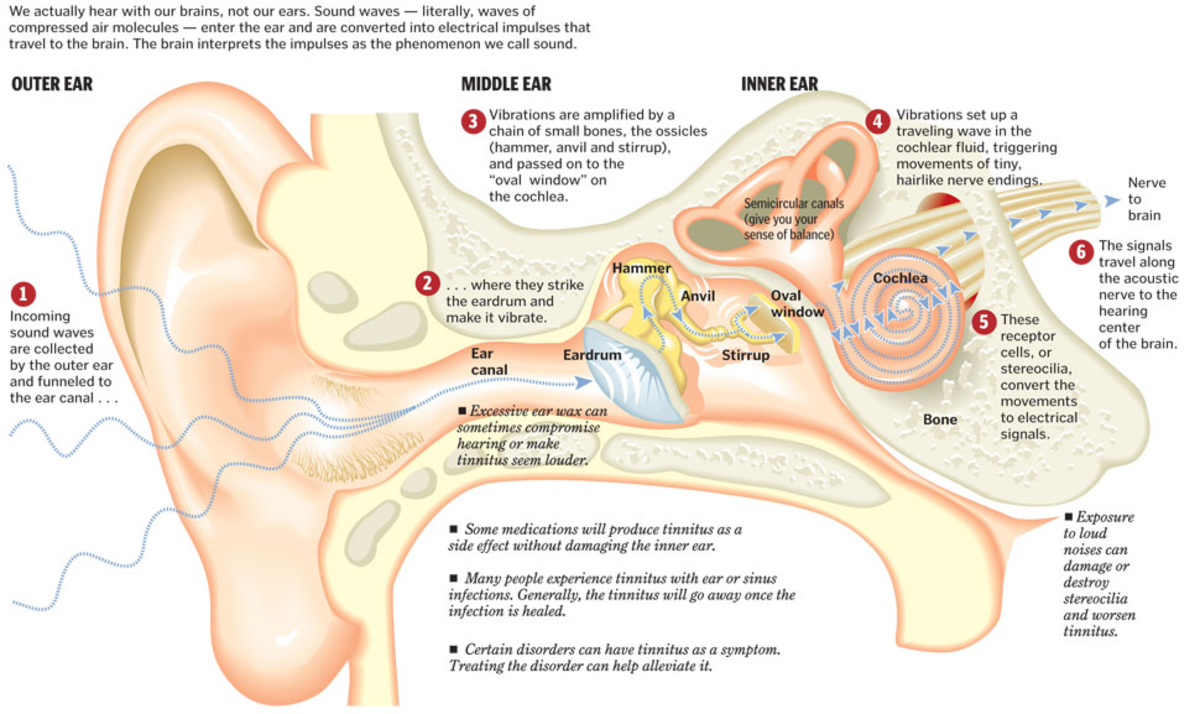Cough Syncope- a personal experience
Syncope or faint?
Cough Syncope- until recently I had never heard of it. According to the medical definition, Syncope is the loss of consciousness or fainting. There are many reasons why someone may faint; it may be an indication of heart disease or diabetes. If you faint regularly and the doctor cannot find the cause for your faint they may ask you to keep a diary and note the surroundings you were in when you fainted, in order to try to pinpoint the trigger to your faint.
My personal experience
My own personal experience began on a day when I had a little cough- not very bad, I was up and did some ironing before I went to work as a Support Assistant for a blind student at our local University. Within ten minutes of the lecture starting a massive cough seemed to come from nowhere, and I stumbled out of the classroom struggling to breathe. Taking refuge in the ladies room the cough just seemed to explode within me- a massive eruption, and then I found myself on the floor in a pile, having lost control of my bladder. Luckily for me I had collapsed on the same floor where they were teaching trainee nurses and medical help was soon on its way. All of this is a blur but the ambulance arrived and I was lifted out on a chair and stretcher to the ambulance and then exposed to ECG tests, blood sugar tests and blood pressure tests.
On arrival at the hospital, which fortunately was next door to the University I started to lose consciousness again and was brought around by a blow to the chest- boy that hurt. Further tests including blood, ECG, blood pressure convinced the medics that I was normal- just feeling a bit ill. Eventually after a chest X ray I was told I had Cough Syncope and could go home but with the proviso to come back if I felt ill again.
The Vegus nerve
I could not help but wonder why the medical people took so many tests. From my research it seems that the average patient with cough syncope is Male, over 50, obese, a heavy drinker and smoker. I qualify at being over 50 and yes I do need to lose some weight but have never smoked and am a very light drinker. The medical authorities were being cautious in order to eliminate other causes of syncope. At the back of your throat is the vagus nerve which is attached to the muscle in your throat. The vagus nerve has several functions, one of them is to slow your heart beat and the other function is to supply the nerves in other parts of the body such as the stomach and key organs in the abdomen. The severe cough spasm stimulated the vagus nerve which slows the heart and in my case caused a brief faint; in severe cases it can cause cardiac arrest! It appears that a sudden loss of bladder control accompanied with the cough can cause a large drop in blood pressure which can also cause a faint or loss of consciousness.
There are other causes of Syncope, one being heart related, which is why the ECG was done to check that my heart had the correct output, the first thing the ambulance crew had done was to check that my blood sugar levels were ok. The medics also need to ensure that the patient has not suffered an epileptic fit. I was asked a lot of questions about how I had been during the attack and whether when I had fainted I had noticed any jerky movements. Unfortunately I was not a good witness as I had not noticed anything other than an enormous cough. Luckily I had been with my daughter for the previous two hours and she was able to assure the doctor that I had indeed been well all morning prior to the incident.
Prevention
There are steps I can take to avoid this happening again. Never again will I mention a little cough. There are preventative measures in the form of cough medicines and lozenges. My doctor has also prescribed an inhaler to help clear my airwaves and reduce the coughing- this helps too. The main thing to do, is if you start to feel the cough coming, grab your inhaler, take a dose, and then try and lie down with your feet raised as this will reduce the likelihood of fainting








